SAR Welcomes New 2020 Board Members: Perspectives from the Arts, Law, Academics, and Business Community
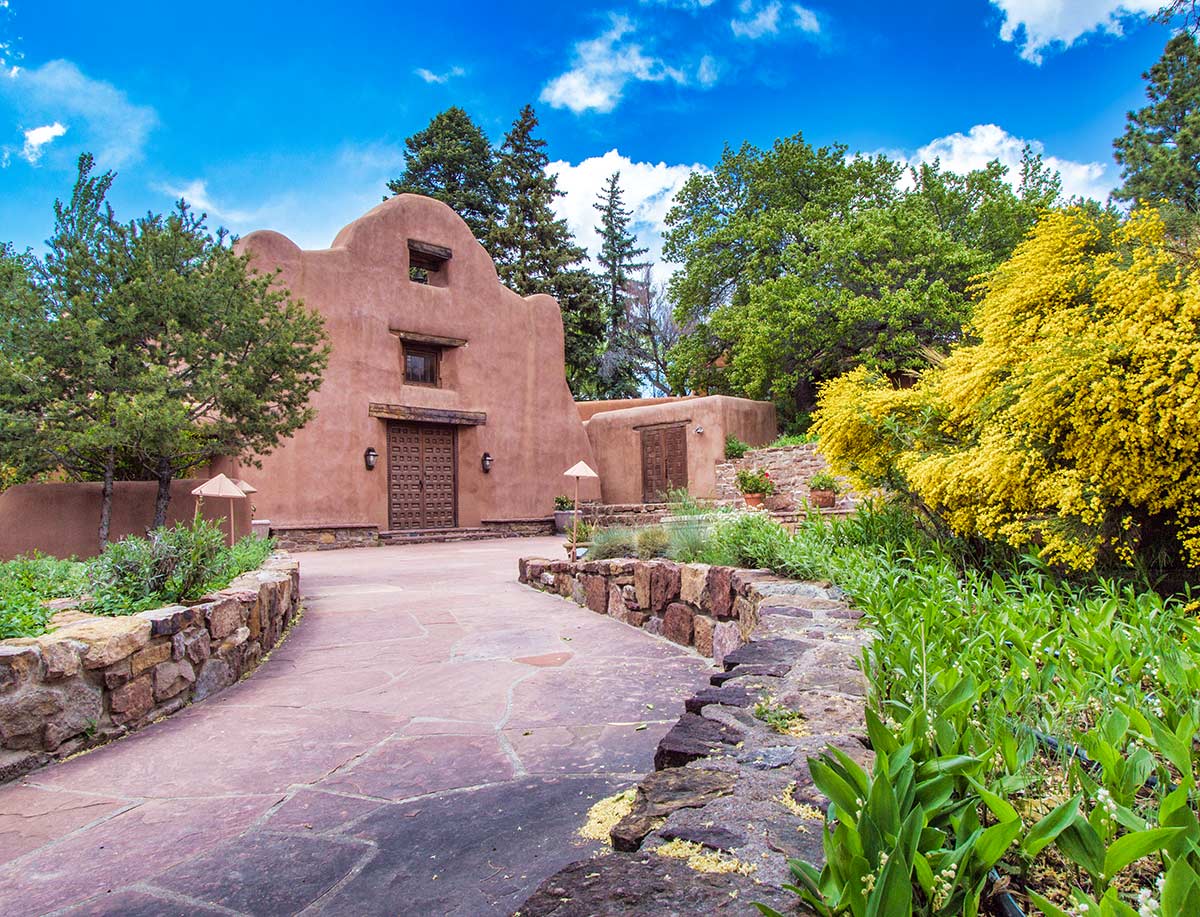
The School for Advanced Research in Santa Fe, New Mexico, is pleased to welcome five new members to its board of directors: Helen Brooks, the founding hospital chief executive for Presbyterian Santa Fe Medical Center; Elizabeth Glassman, president emerita of the Terra Foundation for American Art; June Lorenzo, in-house attorney at the Pueblo of Laguna; Rick Vaughan, SVP private banking manager at First National 1870; and Scott Waugh, former dean of social sciences, executive vice chancellor, and provost at the University of California, Los Angeles.
SAR president Michael F. Brown says of the new members, “SAR’s already stellar board of directors will be further strengthened by the addition of these diverse and talented individuals, who bring to the SAR board expertise from the arts, law, academics, and the business community. I look forward to working with them as SAR adapts its mission to the challenges of the current pandemic and beyond.”

Helen Brooks served as the founding hospital chief executive for Presbyterian Santa Fe Medical Center. After more than twenty-five years in health-care leadership roles, and having achieved licensing and accreditation for the new facility, Helen retired in 2019. Along with work in the realm of clinical operations, strategy, program development, philanthropy, marketing, and public relations, Helen has also served on the boards of numerous arts and civic organizations, including the Santa Fe Chamber of Commerce and the Mayor’s Economic Development Committee. She currently serves as a member of the National Board of the Alzheimer’s Association.
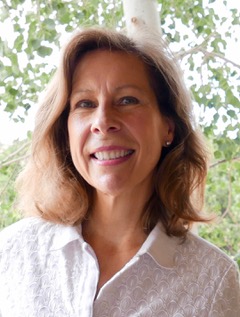
“Through scholarly pursuits, artistic programs and its treasured collection of Native American art, SAR is uniquely positioned not only to preserve and explore cultural heritage but to stimulate new thought, innovation, and dynamic interpersonal connections. SAR creates dialogue not just for scholars and artists, but for all who seek greater understanding of how culture and history shape humanity and can inform our future.” —Helen Brooks
Elizabeth Glassman is president emerita of the Terra Foundation for American Art and was previously the foundation’s president and CEO. From 2001 to 2020, she led the foundation and oversaw its collection of American art. During her tenure at the foundation she also spearheaded the development and launch of an expanded grant program, which distributed $110 million in more than 1,200 grants reaching 31 counties. With an expertise in prints, drawings, and photographs, Elizabeth has worked with numerous museums and collections, and she established the Georgia O’Keeffe Foundation. She was awarded the distinction of Officier dans l’Ordre des Arts et des Lettres by the French Ministry of Culture in 2012 and has served on the board of directors of the Crystal Bridges Museum of American Art and the Robert Rauschenberg Foundation. Elizabeth holds master’s degrees in both business administration and art history from University of St. Thomas, Houston, and the University of New Mexico, Albuquerque, respectively.
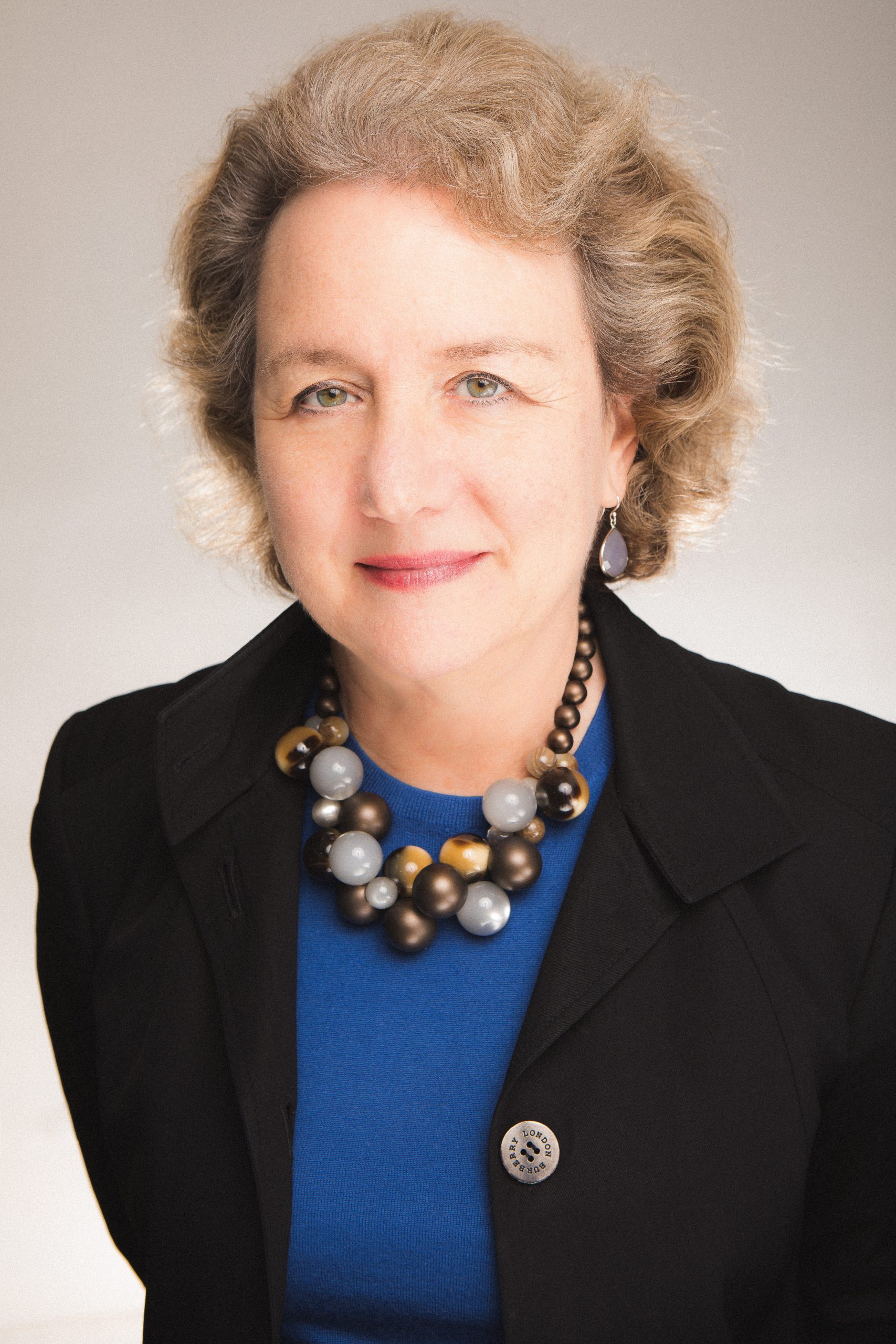
“Fundamental to our times is the fostering of conversations. At the School for Advanced Research, dialogue around key topics in the humanities, the social sciences, and the arts of the Southwest has been central to the institute’s mission for over a century. Being part of this exchange is but one of the aspects of SAR that draws me closer. Central to my work at the Terra Foundation for American Art was the question of how to create strategic impact for our mission to present and complicate national narratives. In my work with colleagues in the United States and around the world, the question before us was to see stories played out in the research, display, and interpretation of objects. These aspects are also present in the work of SAR: consideration of the interpretations we offer, the stories we tell, as well as the ways in which these histories come into play through art and culture, and here, especially Native American culture. I look forward to working with the board and the team both to advance the work at the IARC [Indian Arts Research Center] and to extend the footprint and public knowledge of the treasure that is SAR.” —Elizabeth Glassman
June Lorenzo, Laguna Pueblo / Navajo (Diné), JD and PhD, lives and works in her home community of Laguna Pueblo. She works with community organizations and Indigenous NGOs to address uranium mining legacy issues and resistance to new mining, sacred landscape protection, and, recently, issues of repatriation of cultural patrimony. She advocates in tribal and domestic courts, as well as before legislative and international human rights bodies. She also participated in negotiations for both the United Nations Declaration on the Rights of Indigenous Peoples (UNDRIP) and the American DRIP. She holds a PhD in justice studies from Arizona State University and a JD from Cornell University.
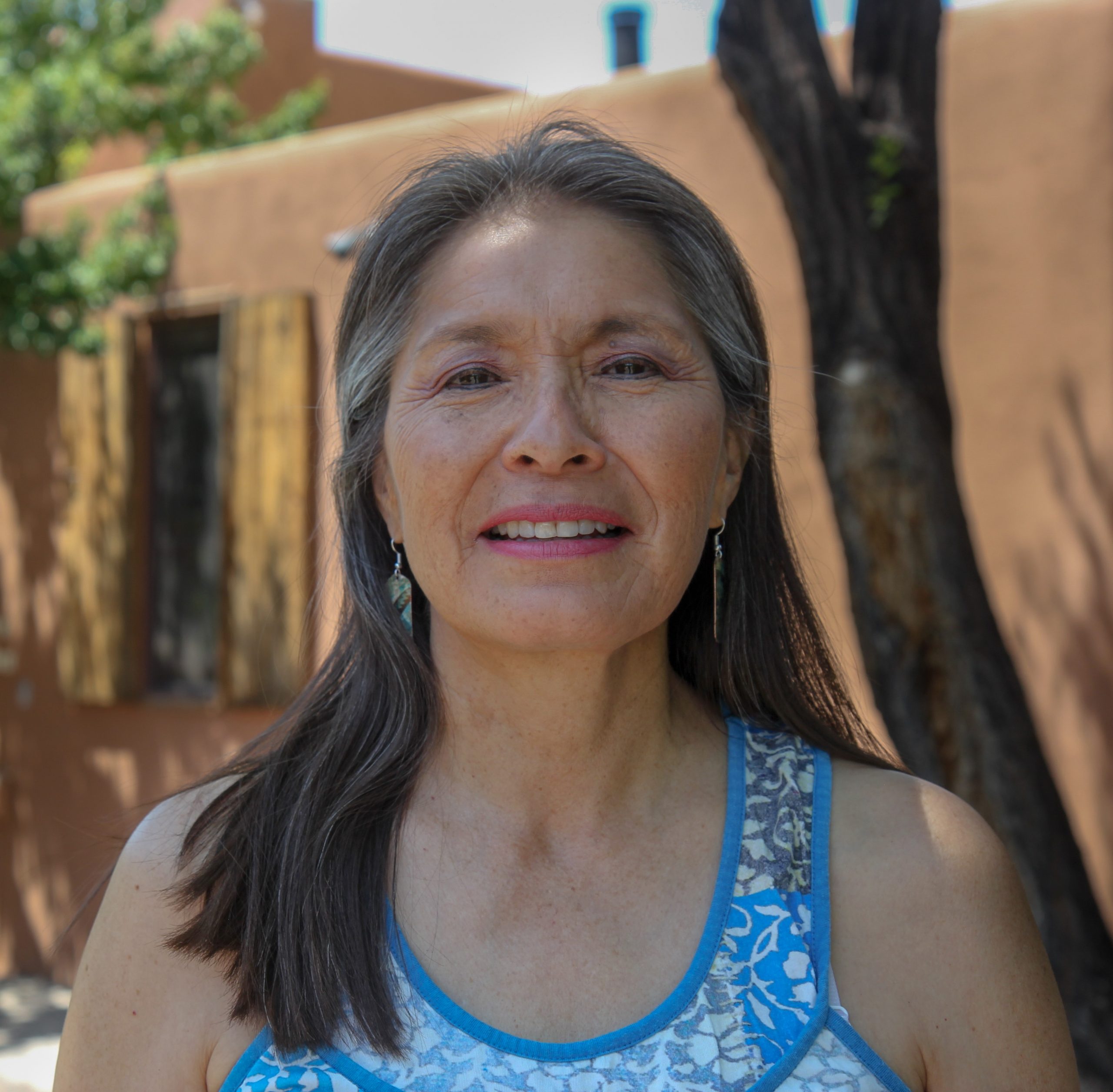
“I believe in the potential for more engagement with Native artists, scholars, and the Indigenous peoples who surround SAR, in a way that moves toward partnership and recognition of Indigenous knowledge and Indigenous scholarship.” —June Lorenzo
Rick Vaughn is a native of New Mexico and resident of Santa Fe. He has worked in the financial service industry for twenty-six years across the US West Coast, New Mexico, Colorado, and Wyoming. Rick graduated from the University of New Mexico in 1993 with a degree in business administration / management information systems. He is currently the private banking manager at First National 1870.
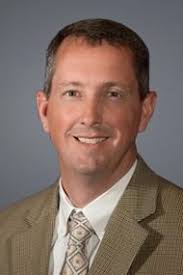
“I’m honored to be able to contribute to SAR’s mission as the need to encourage creative thought connected to our Native American cultural legacy is becoming increasingly important. SAR continually brings together national and worldwide talent to these ends. The related contributions provide unique value during a time when many causes compete for attention and investment.” —Rick Vaughn
Scott Waugh recently retired from UCLA, where he began teaching in 1975. He received his BA in history from UCLA in 1970 and his PhD in English history from the University of London in 1975. The author and editor of several books on the history of England in the Middle Ages and European medieval history, he has received numerous awards for his teaching in a wide range of historical topics. He served as dean of the social sciences at UCLA for fourteen years before becoming executive vice chancellor and provost in 2008. During his time at UCLA, he acted in various capacities, overseeing programs across the University of California system as a whole. He has sat on several academic boards and was chair of the board for the Center for Research Libraries.
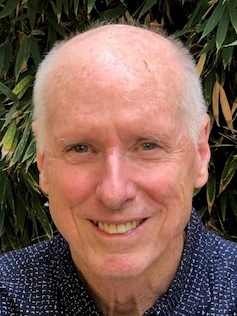
“SAR is a bold and unique project in bridging people, cultures, and fields, grounded in the legacy and traditions of an incomparable region. It is a project that speaks directly to contemporary issues by promoting understanding and artistic endeavor as timeless windows onto human dilemmas. I am honored to have been invited to participate in furthering its mission and to help shape an ambitious vision for the coming years.” —Scott Waugh
A full list of board members and their backgrounds can be found here.
For high-resolution images or interview requests, contact Meredith Schweitzer, schweitzer@sarsf.org or 347-698-9196
About the School for Advanced Research (SAR): Founded in 1907, the School for Advanced Research (SAR) is one of North America’s preeminent independent institutes for the study of anthropology, related social sciences, and humanities. SAR is home to the Indian Arts Research Center, one of the nation’s most important Southwest Native American art research collections. Through prestigious scholar residency and artist fellowship programs, public programs, and SAR Press, SAR advances intellectual inquiry in order to better understand humankind in an increasingly global and interconnected world.